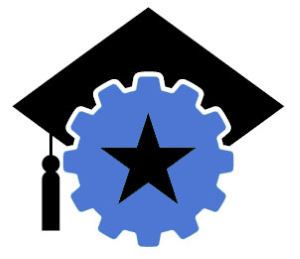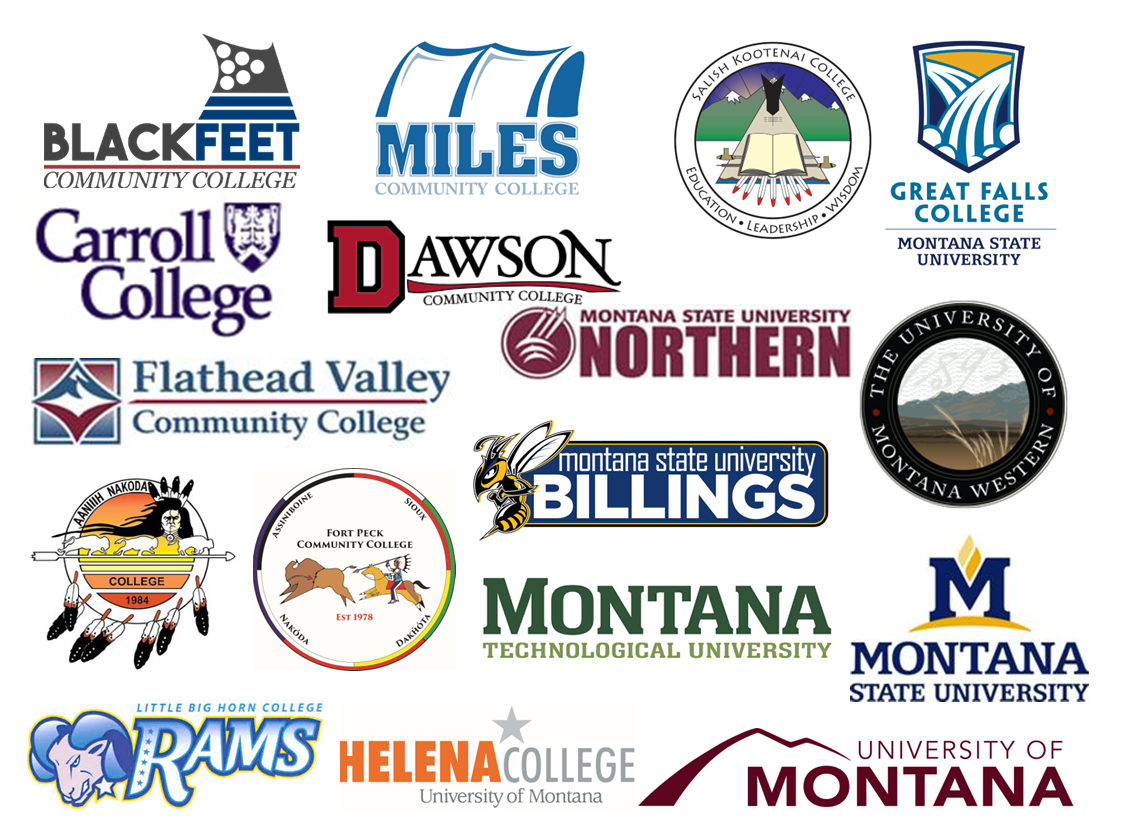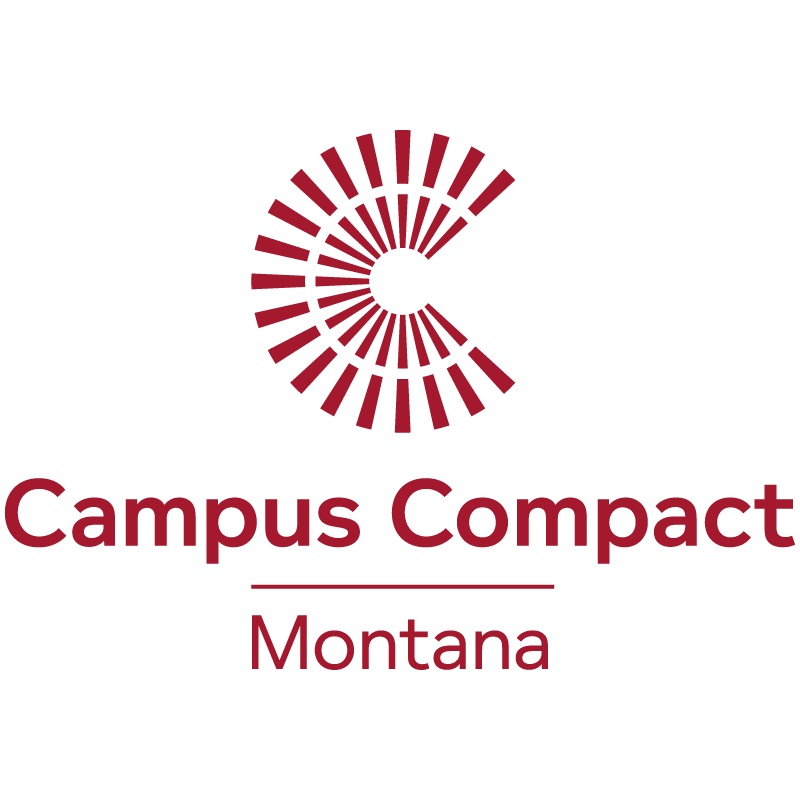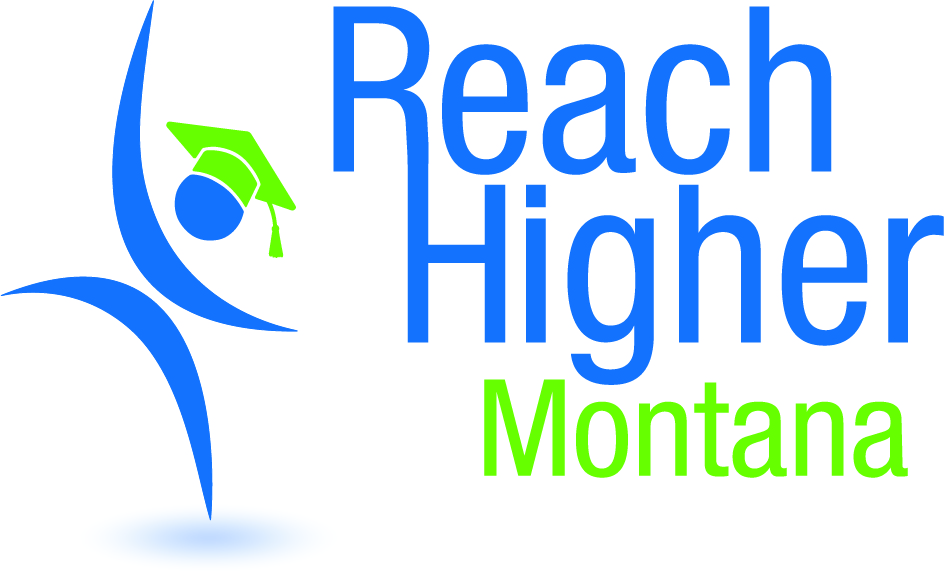
2023 Youth Serve Montana Scholarship
The Governor’s Office of Community Service, Reach Higher Montana, and Montana Campus Compact are pleased to offer $125,000 in scholarships for 2023 graduating seniors!
Up to 100 seniors will receive scholarships for completing volunteer service hours in the 12 months prior to submitting their application. Students who have completed 50 hours are eligible for a $1,000 scholarship, and students who have completed 100 hours are eligible for a $1,500 scholarship.
Applications will open November 2022 and close January 31st, 2023. We are delighted to offer this scholarship opportunity to provide financial assistance for Montana Students who will be attending a Montana Campus Compact Institution fall 2023.
Please read the Frequently Asked Questions and view the scholarship poster for more information:

About the Scholarship
The Youth ServeMontana Scholarship was created to promote volunteerism among high school students, encourage young leaders to further their learning, and provide tuition assistance for Montana students who wish to attend college in-state. Selected students receive a $1,000 or $1,500 scholarship toward their college tuition.
Scholarship funds have been made available through support from Reach Higher Montana, a nonprofit dedicated to helping students pursue and fund post secondary education; and the Governor’s Office of Community Service, a state agency tasked with expanding and promoting service in Montana. The Governor’s Office of Community Service administers the scholarships.
To learn more about other scholarship opportunities with Reach Higher Montana, check out their scholarship page.
Youth Serve Montana Scholarship FAQs
- What is the purpose of the scholarship?
- The Youth ServeMontana Scholarship was created to promote volunteerism among high school students, to encourage youth volunteers to further their learning and provide tuition assistance for Montana students who attend college in-state.
- How many scholarships are available?
- Up to 100 with priority given to awarding one per high school.
- Can students count virtual and remote service in their service hours?
- Yes. Virtual, remote, and COVID-19 response service hours are accepted and encouraged.
- How is the scholarship funded?
- The funds are made available in partnership with Montana Campus Compact, a network of Montana colleges and universities committed to community service, and Reach Higher Montana, a nonprofit dedicated to helping students pursue and fund postsecondary education. The scholarships are administered by the Governor’s Office of Community Service.
- What is the Governor’s Office of Community Service?
- The Montana Governor’s Office of Community Service is an executive branch state government office tasked with promoting and expanding service and volunteerism in Montana. The office administers federal funding for AmeriCorps State programs, encourages and recognizes community volunteers, and provides technical assistance to organizations and AmeriCorps programs. The Governor’s Office of Community Service and the Governor-appointed Montana Commission on Community Service were created in 1993.
- What is the Reach Higher Montana?
- Based in Helena, Montana, Reach Higher Montana is a nonprofit, 501(c)(3) organization dedicated to providing students with the knowledge and tools to pursue and fund their postsecondary education. Reach Higher Montana uses proceeds from its business activities to offer a range of programs that include grants, scholarships, community outreach, money management counseling and training on education finance planning.
- What is Montana Campus Compact?
- Montana Campus Compact (MTCC) is Montana’s largest higher education network and it advances the public purposes of colleges and universities by deepening their ability to improve community life and to educate students for civic and social responsibility. MTCC is one of 35 State Affiliates of Campus Compact, a national coalition of more than 1,100 college and university presidents--representing over 6 million students--dedicated to promoting community service, civic engagement, and service-learning in higher education.
- Which colleges are member institutions of Montana Campus Compact?
- Montana Campus Compact membership typically changes annually; the most up-to-date list is always on the About Us-Campuses link here: mtcompact.org.
- Who do I contact if I have questions about the Youth ServeMontana Scholarship?
- If you have questions about the scholarship, please contact the Governor’s Office of Community Service at 406-444-1609. If you have questions about how the scholarship will be applied to your tuition, please contact your financial aid officer.
- How should I submit my materials?
- The application form is available to complete and submit online. If you are unable to access the online form, email serve@mt.gov or call 406-444-1609 to request a PDF version.
- Will I receive notification if my application is incomplete?
- No. The Governor’s Office of Community Service receives many applications and incomplete applications may not be considered.
- Are home-schooled students eligible to apply?
- Yes. The Governor’s Office of Community Service reserves up to 5 scholarships for homeschooled students with senior status.
- Is my application scored differently if I am a first-generation post-secondary student?
- All applications are scored the same. Because Reach Higher Montana and Montana Campus Compact are committed to increasing enrollment of first-generation college students, some consideration may be given to applicants who are first in their family to go onto college.
- May students from other states or international students apply?
- No. 15. Q: May I submit my application to my guidance counselor? A: No. Students must submit their applications via the online application form. If you are unable to access the form or need an accommodation, request a paper version from the Governor’s Office of Community Service by calling 406-444-1609 or emailing serve@mt.gov
- How is my application validated?
- Your application must be complete. If using the online application form, you will be instructed to enter the email address of your validating official. This can be your high school counselor, a staff member of a community-based organization or for homeschool, your county superintendent. Applications submitted by home-schooled students must list the County Superintendent.
- Do I need to send proof of my FAFSA completion?
- No, you only need to certify on the application that you have submitted a FAFSA (Free Application for Federal Student Aid). Do not attach your financial aid award letter. The FAFSA website is: www.fafsa.ed.gov. During the review of applications, FAFSA completion will be verified with the Office of the Commissioner of Higher Education.
- How will my application be evaluated?
-
- Applications will first be evaluated for meeting the minimum requirements. These include:
- A completed and legible scholarship application form
- Proof of acceptance to one of Montana’s Campus Compact member institutions
- Current senior status at the time of application
- The student will use the scholarship funds for the 2023- 2024 academic year
- Applications will then be evaluated based on secondary criteria. These include:
- Geographic diversity
- Depth and breadth of service activities; and
- Student’s personal and long-term commitment to service.
- Applications will first be evaluated for meeting the minimum requirements. These include:
-
- Is my high school grade point average included in the selection criteria?
- No.
- How will the geographic diversity criterion be applied?
- To offer the scholarship broadly across Montana, the selection will give priority to one student from each high school, plus five homeschoolers. Some consideration may be given to applicants who represent rural and tribal communities.
- If the college that I plan to attend is not one of Montana Campus Compact’s member institutions, am I still eligible for the Youth ServeMontana Scholarship?
- No. The scholarship is funded in part by Montana Campus Compact.
- Can I apply by email or online?
- There is an online portal for submitting scholarship applications. Applications may not be completed via email. We prefer that students use this portal for submitting the application, rather than using the PDF version available by request. The PDF is posted as an alternative option for submitting applications.
All hours are subject to verification
- What are examples of service activities?
- The ways to volunteer in your community are endless! Some examples of volunteer activities include food banks, peer mentoring, emergency preparedness activities, land restoration and trail maintenance work, volunteering at community gardens and more. See the last page of the FAQ for more ideas.
- What service activities are prohibited?
- Activities that include efforts to influence policy and legislation, participating in, or endorsing, events or activities that are likely to include advocacy for or against political parties, platforms candidates or elected officials, engaging in religious instruction, conducting worship services, providing instruction as part of a program that conducts worship services, constructing, operating or maintaining facilities devoted to religious instruction or worship, or engaging in any form of religious proselytization.
- I volunteer with my church. Can these hours be counted?
- Volunteer service with your church or religious institution can be counted if they are not considered “religious proselytization.” Examples of acceptable hours include food drives, providing daycare in the nursery, serving food at a soup kitchen, collecting holiday presents for those in need, or visiting nursing homes. Examples of unacceptable hours include teaching Sunday school, building churches, assisting with worship services, or singing in the worship choir. Please count only the hours spent volunteering in the local community.
- What if the volunteering I do is mostly informal, like volunteering at community events, shoveling snow and raking leaves for elderly people, etc.?
- This sort of volunteering can be counted for the scholarship, it just requires that someone with firsthand knowledge of your commitments, and who is not a family member being able to verify those hours.
- I volunteer with one of my classes at school. Can these hours be counted?
- Volunteer hours with school can be counted if they are not part of your typical class time. Helping with sporting events, peer tutoring, trash cleanups, recycling drives, and helping with special events are all acceptable volunteer hours. Volunteer hours mandated because of detention or disciplinary action cannot be counted.
- If I choose to not attend college in the fall, can I delay the receipt of this scholarship?
- No. The scholarship is intended to be utilized for the school year that it is awarded. You must be enrolled full-time for the fall semester.
- I’ve received a scholarship. How does it get to my college or university?
- The Youth ServeMontana Scholarship payment will be sent directly to your institution’s financial aid office before the fall semester begins. The financial aid office will verify your enrollment and then will apply the payment to your student account.
- How is the scholarship applied to tuition? Is it split between semesters?
- The scholarship is applied directly to the student’s tuition, and is split between semesters, with half applied to each semester. Other scholarships or tuition waivers provided by the school may reduce the school’s match portion (typically half) of the Youth Serve Montana Scholarship. Check with your financial aid officer for more information or assistance.
- Who do I contact to verify the scholarship has been applied to my tuition?
- You will be notified when the scholarship payments have been issued to your institution. Recipients should follow up with their financial aid officer to confirm the funds have been applied to their tuition. Please notify the campus that you are receiving a Youth ServeMontana Scholarship upon enrollment. Note that your account might show a balance until the scholarship payment is received at the start of the school year.
- What happens if I transfer schools after receiving the scholarship?
- If you transfer schools within Montana after the school year begins, notify your financial aid officers at both schools to inform them of your transfer and to ensure that the funds are properly applied. If you transfer to a school out of Montana, the Youth Serve Montana Scholarship does not transfer with you. You should notify the Governor’s Office of Community Service of any transfer by emailing serve@mt.gov.
- Am I required to maintain a grade point average at college?
- The Youth Serve Montana Scholarship does not require a minimum grade point average after enrollment but check with your college’s financial aid officer to find out about specific requirements that your campus might have.
- What can a Youth Serve Montana Scholarship be used for?
- The scholarship can cover costs of attendance, which typically refers to tuition and fees, books and supplies, room and board, transportation, and personal expenses. Cost of attendance is determined by each institution. If full costs of attendance are already met, some institutions may not be able to provide scholarship match, and therefore the full scholarship may not be available.
Places and Organizations that offer volunteer opportunities:
- 4-H
- Adopt a Grandparent/Homebound Elderly Companions
- Adopt a Highway
- Afterschool programs
- Big Brothers Big Sisters
- Boy Scouts
- Career and Technical Student Organizations
- Community Gardens
- Conservation Districts
- Family Career & Community Leaders of America (FCCLA)
- Future Farmers of America (FFA)
- Food banks and soup kitchens
- Girl Scouts
- Habitat for Humanity
- Historical Societies
- Hospitals
- Humane Society
- Hunter’s Education Classes
- Libraries
- Literacy Programs
- National Honors Society
- Nursing Homes
- Meals on Wheels
- Master Gardener Programs
- Museums, Art Galleries and Monuments
- Pow-Wow Events
- Preventative Drug, Alcohol, Violence, Abuse Programs
- Red Cross (Blood Drives, Emergency Preparedness Training, etc.)
- Ski patrol
- Student Council
- United Way
- Volunteer Fire Departments
- Youth Justice Council
- YMCA and YWCA
Types of Service Activities:
- Virtual mentoring
- Check-in calls to elderly/disabled individuals
- Making care packages for socially isolated individuals & essential workers
- Make and donate face masks
- Book drives
- Recycling & environmental service
- Coaching
- Coat collections
- ESL tutoring
- Food drives
- Fundraising for nonprofits
- Global Youth Service Day activities
- Highway cleanups
- Home weatherization
- Invasive plant removal
- MLK day activities
- Peer mediation
- Collecting and donating food to homeless shelters
- Trail building and maintenance
- Tutoring
- Serving as a hospital aid
- Bake sales for school clubs
- Helping at animal shelters
- Visits to senior home
Questions?
Contact the Governor’s Office of Community Service at (406) 444-9077 or email serve@mt.gov.


